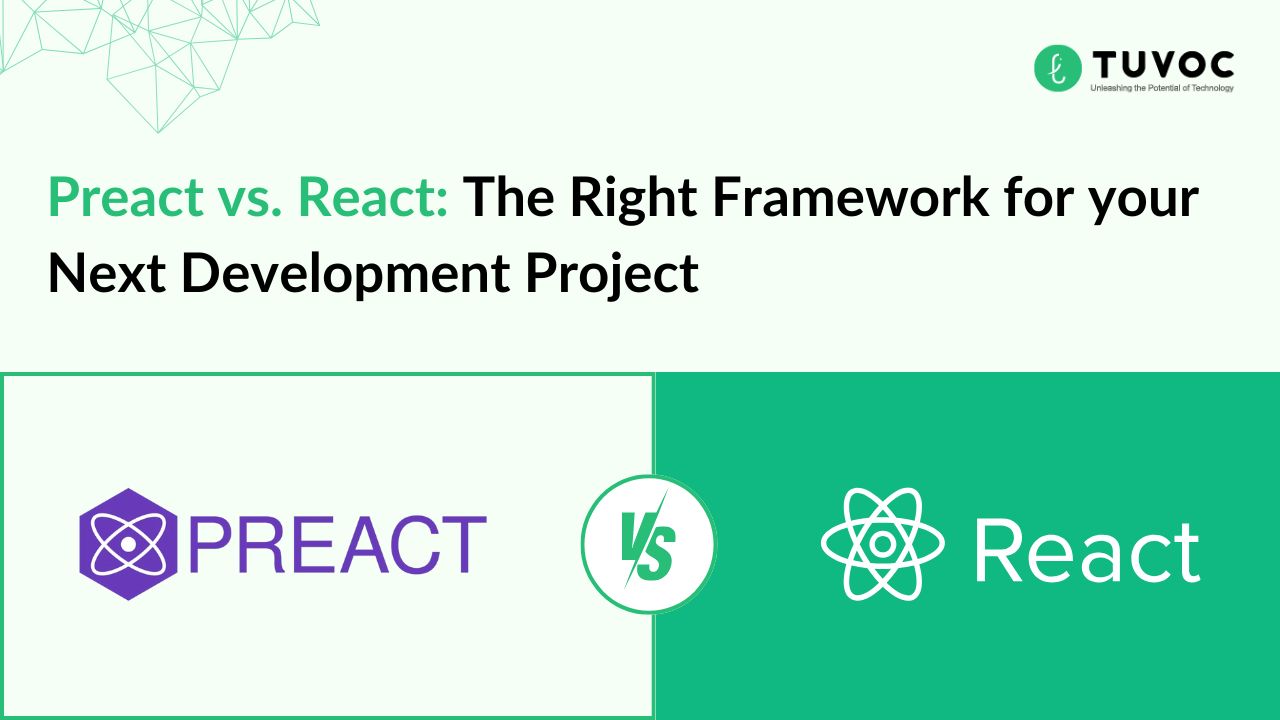GitHub Vs GitLab: Which One Is Best For You In 2024?

With the power of version control and collaboration features that GitHub and GitLab possess, it can sometimes prove very tough to choose between them. Steering into 2024 will require an understanding of major differences and advantages so one can make a decision that works best for you and your specific needs. It highlights a detailed comparison of GitHub vs. GitLab in terms of features, usability, integration capability, and more.
Overview
GitHub:
GitHub, founded in 2008, is the largest platform for hosting and collaborating on Git repositories. This includes a large community, ease of use through its UI, and heavy integrations.
GitLab:
Founded in 2011, GitLab is a rich DevOps platform that allows users to trace the SDLC right from start to finish with only one management tool. Due to its rich CI/CD capabilities, it has now been chosen by many development teams when they look for an all-in-one development solution.
Key Features

GitHub:
Code Hosting: Free-of-cost hosting of unlimited public repositories; private repositories are chargeable in this case.
Collaboration Tools: It provides issues, pull requests, code reviews, and project boards for efficient collaboration.
Integrations: Third-party integrations with thousands of services, including CI/CD tools such as Jenkins and Travis CI.
Actions: GitHub Actions serves as a native CI/CD through which workflows can be automated.
Community: millions of repositories and active users, so it’s always easy to get an open-source project or contribution.
GitLab:
DevOps Platform: It features a complete tool for the whole DevOps lifecycle that includes planning, coding, building, testing, releasing, and monitoring.
CI/CD: This product is at the core of native continuous integration and continuous delivery pipelines, easing automation for builds, tests, and deployments.
Code Management: Supports unlimited private repositories even on the free tier.
Security: Best-in-class Security with SAST and DAST, Static and Dynamic Application Security Testing
Self-Hosting: GitLab has a self-hosted version in which teams have complete control over the environment.
Usability and Interface
GitHub:
Has a clean and very intuitive UI that enables any user to go easily through repositories, issues, and pull requests. The platform was designed to be user-friendly even for beginners of version control.
GitLab:
The user interface of GitLab is a bit more complex than that of GitHub but remains friendly. One of the key points of GitLab is that it has many options and tools within its interface—very useful for teams who want a full set of DevOps tools.
Integration and Extensibility
GitHub:
Marketplace: It has a large marketplace of apps and tools that can be integrated with your workflow.
APIs: Robust APIs for integrating with other services and automating processes.
Third-Party Integrations: Integrates seamlessly with a huge number of third-party tools for CI/CD, project management, and so on.
GitLab:
Built-In Tools: Many of the tools on GitHub are third-party integrations are part of GitLab natively.
APIs: Provides powerful APIs for extensive customization and integration.
Kubernetes Integration: Strong integration with Kubernetes for managing containerized applications.
Community and Support
GitHub:
GitHub is very conducive to open-source projects due to its large user base and strong community support. Extensive documentation, forums, and tutorials are available.
GitLab:
GitLab has a growing community with strength in the DevOps and enterprise sectors. It provides extensive documentation and offers professional support to enterprise customers.
Pricing
GitHub:
Free Plan: This includes unlimited public repositories, community support, and GitHub Actions for public repositories for CI/CD.
Pro and Teams Plans: Offers advanced code review tools, private repositories, and enterprise support.
GitLab:
Free Plan: Gives unlimited private repositories, CI/CD, and basic project management tools.
Premium and Ultimate Plans: Enables very advanced security features, performance monitoring, and premium support.
Best Practices to Choose Between GitHub and GitLab
Audit Your Needs: Determine whether you need just a code repository like GitHub or a full DevOps platform like GitLab.
Consider Team Size and Budget: Consider the size and budget of your team—GitLab’s free plan gives more features to small teams.
Integration Requirements: If you’re using certain tools, then see which one integrates with your current workflow better.
Reevaluate Security Needs: For those projects with rigorous security needs, there it is that advanced security tools available in GitLab can be beneficial.
Community and Collaboration: While it is in the best interest of any open-source project contributor or user, the size of the community in GitHub is a large advantage.
Conclusion
GitHub and GitLab have their virtues and continue to evolve to help developers and teams better. GitHub excels at ease of use and has a large community, making it more suitable for open-source projects and small teams. On the other hand, GitLab has a strong point in its all-in-one DevOps features, making it very compelling to teams looking for a comprehensive solution. Choosing the right platform can significantly benefit your software development company.
Your final choice between GitHub and GitLab in 2024 will have to be based on your requirements, the nature of your projects, and the workflow of your team. You could make a decision that best serves your development goals by carefully weighing their features, usability, and integration capabilities.






